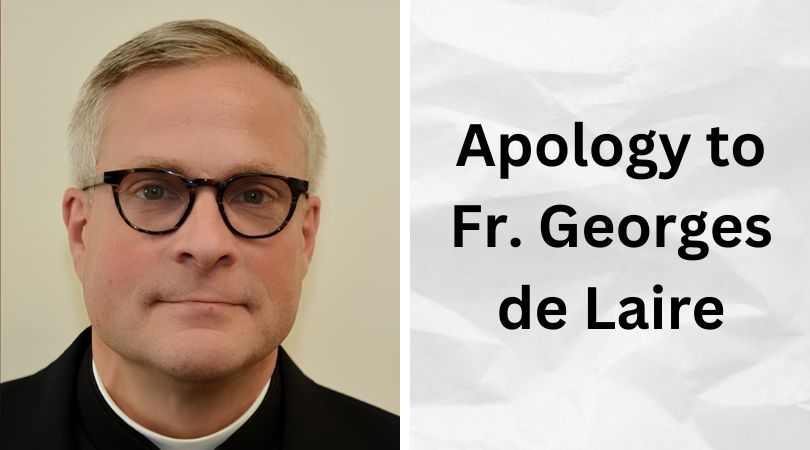LYNCHBURG, Va. (ChurchMilitant.com) – Adult Catholics in the United States aged 18 or older who are civilly divorced may be eligible for an important research study.
The anonymous survey, estimated to take 30 minutes, aims to collect data for a pioneering study designed to assist Catholics who have experienced a civil divorce.
Mary Susan McAuliff is a devout Catholic and mother of eight children. She is also a doctoral candidate in Community Care and Counseling at Liberty University’s School of Behavioral Sciences.
She is spearheading a project titled “The Impact of Moral Injury on Character Identity for Divorced Catholics: A Character Domain Perspective.”
McAuliff told Church Militant that a “moral injury” can be described as a deep spiritual wound or a “soul wound.” This injury arises when someone commits, fails to prevent or witnesses a violation that goes against their moral beliefs.
In simpler terms, moral injury is the profound impact of sin resulting from one’s own wrongdoing or that of someone else’s. For instance, when a spouse is abusive, this act of moral failure affects everyone involved, including the victimized spouse and any children.
These spiritual wounds can persist, frequently necessitating spiritual counsel and support for healing, in addition to frequent reception of the sacraments.
McAuliff uses “character identity” to refer to the pursuit of excellence in the virtues. For Catholics, this is informed by the Church’s perennial teachings on both the moral and theological virtues.
The Study
The groundbreaking study will explore the intricate links between moral injury, perception of suffering, religiosity and character identity among divorced Catholics.
The focus of this research is to ascertain how moral injury, which can emerge after a civil divorce, might influence the character identity of Catholic individuals. Moral injury refers to the profound psychological distress that results from actions, or the lack thereof, that violate one’s moral or ethical code.
McAuliff’s objective is to shed light on this complex web of emotions and perceptions, aiming to equip clinicians with valuable insights. The ultimate goal is to pave the way for the development of therapeutic approaches tailored to address the moral injuries and associated stress reactions that often arise in the aftermath of traumatic experiences like divorce.
By gaining a deeper understanding of these dynamics, the study aims to offer tangible support and healing avenues for those grappling with the repercussions of divorce within the Catholic community.
McAuliff hopes to aid the Church in understanding and pinpointing the soul wounds that accompany civil divorce, ensuring better treatment and support for Catholics on their journey to healing.
“I want them to know that somebody is paying attention,” she concluded.















